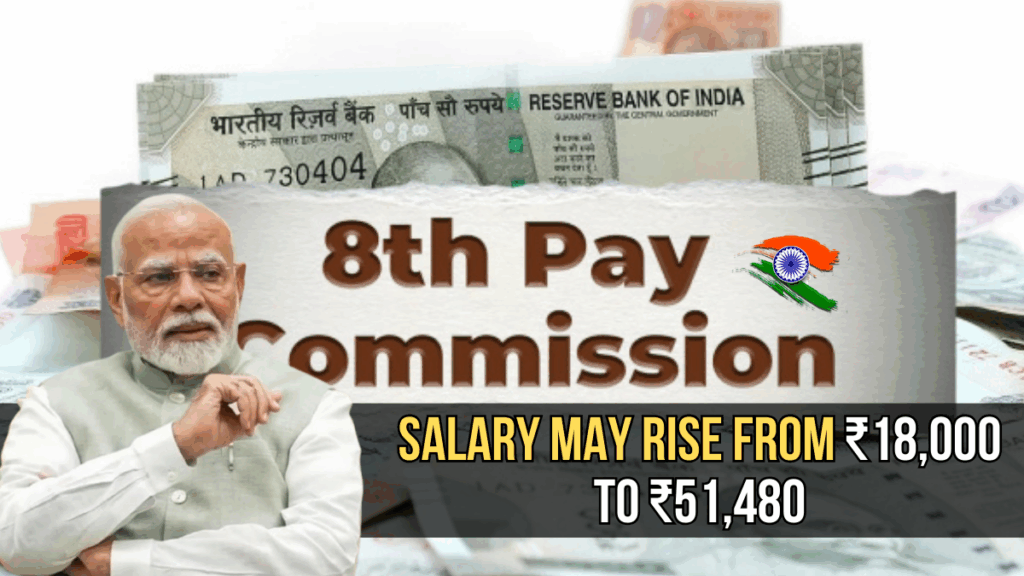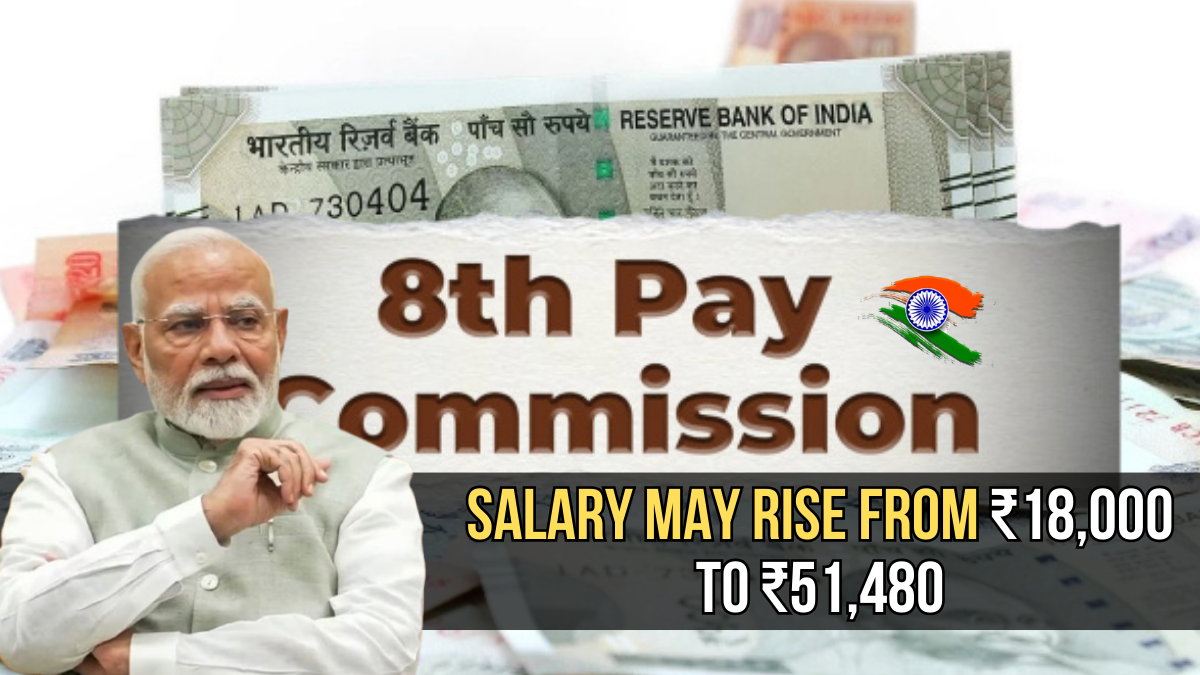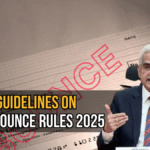The 8th Pay Commission is one of the most anticipated developments for central government employees and pensioners in India. Approved in principle in January 2025, the commission has not yet been fully formed, leaving lakhs of employees waiting for clarity. The delay in appointments, notifications, and official terms has caused growing uneasiness among employees, who are battling inflation and looking forward to salary and pension hikes.

This article provides a complete update on the formation process, expected implementation, fitment factor, salary hikes, dearness allowance changes, and key union demands.
Why is There a Delay in 8th Pay Commission Formation?
Although the Union Cabinet approved the 8th Pay Commission in January 2025, the formation process has been slow. The Finance Ministry has stated that suggestions are being collected from states, ministries, and employee organizations before finalizing the terms of reference.
Minister of State for Finance Pankaj Chaudhary clarified in Parliament that the notification will be issued at an “appropriate time.” Given the complexity of balancing financial constraints and employee expectations, experts believe the commission may not be fully operational until early 2026.
Quick Summary of 8th Pay Commission 2025
Key Aspect |
Details |
|---|---|
Approval Date |
January 2025 |
Current Status |
No chairman or members appointed, no formal notification yet |
Expected Implementation |
January 1, 2026 (may delay to 2027–28 if slow progress continues) |
Proposed Fitment Factor |
Between 1.8 and 2.86 |
Expected Minimum Salary |
From ₹18,000 to ₹51,480 (if 2.86 applied) |
Expected Minimum Pension |
From ₹9,000 to ₹25,740 |
DA Status |
Dearness Allowance will reset to zero after implementation |
Key Demands of Unions |
Early notification, OPS restoration, automatic salary revision system |
Official Reference |
When Will the 8th Pay Commission Be Implemented?
As per official records, the 8th Pay Commission is scheduled to take effect from January 1, 2026. However, if delays continue in appointing members and approving guidelines, the implementation could shift to late 2027 or early 2028.
Employees and pensioners are eagerly waiting since the recommendations will bring substantial changes in salary, pension, and allowances.
Fitment Factor and Expected Salary Hike
The fitment factor is a key formula used in revising salaries. For the 8th Pay Commission, it is expected to range between 1.8 and 2.86.
- If 1.8 is applied – Minimum basic salary may rise to around ₹32,400.
- If 2.86 is applied – Minimum basic salary could jump from ₹18,000 to ₹51,480.
- Minimum Pension – Will rise proportionally, from ₹9,000 to ₹25,740.
While this seems like a big relief, it is important to note that DA (Dearness Allowance) will reset to zero post-implementation.
Dearness Allowance (DA) and Its Impact
Currently, central employees receive 55% DA, which may rise to 58% by July 2025. After the new pay commission is implemented:
- DA will be merged into the basic salary.
- DA count will restart from zero, meaning future increments will be calculated afresh.
This change increases the base salary but resets inflation-linked hikes.
Pending DA Arrears of 18 Months
During the COVID-19 pandemic (Jan 2020 – June 2021), the central government stopped DA and DR (Dearness Relief) payments. Unions have demanded the release of 18 months of arrears.
However, the government argues that paying arrears would burden the exchequer with thousands of crores. As of now, there is no final decision, but unions continue to pressure the government.
Key Demands of Employee Unions
Employee organizations are pushing several major demands:
- Early Notification and Formation – Immediate appointment of chairman and members.
- Old Pension Scheme (OPS) Restoration – Many unions want OPS reinstated for better retirement security.
- Automatic Salary Revision System – Instead of waiting 10 years, salaries should automatically adjust to inflation.
- Faster Recruitment – Filling up large numbers of vacant government posts.
Alternative Pay Revision System Under Consideration
Reports suggest that the government is considering replacing the traditional pay commission system with a more dynamic model. Under this, salary revisions may be linked to employee performance and inflation rates, eliminating the need for a commission every 10 years.
If introduced, this would be a major policy shift, but no official confirmation has been made yet.
Financial Impact on Government
Implementation of the 8th Pay Commission will significantly increase government expenditure on salaries and pensions.
- The government faces the challenge of balancing employee expectations with fiscal responsibility.
- Higher payouts could strain the fiscal deficit, forcing adjustments in other expenditure areas.
The government’s task will be to find a middle ground that satisfies employees while ensuring economic stability.
FAQs on 8th Pay Commission
Q1. When will the 8th Pay Commission be implemented?
Ans. It is expected to come into effect on January 1, 2026, but delays may push it to 2027–28.
Q2. How much salary increase is expected?
Ans. If the highest fitment factor of 2.86 is used, the minimum salary may rise from ₹18,000 to ₹51,480.
Q3. What about pensioners?
Ans. The minimum pension could increase from ₹9,000 to ₹25,740.
Q4. Will DA continue after the new commission?
Ans. Yes, but it will reset to zero and start fresh after being merged into the revised salary.
Q5. Is the government planning a new system instead of pay commissions?
Ans. Yes, discussions are ongoing about linking salaries to performance and inflation, but no official confirmation yet.
Q6. Will DA arrears of 18 months be paid?
Ans. Unions are demanding payment, but the government cites economic limitations. The issue remains unresolved.
For More Information Click HERE




